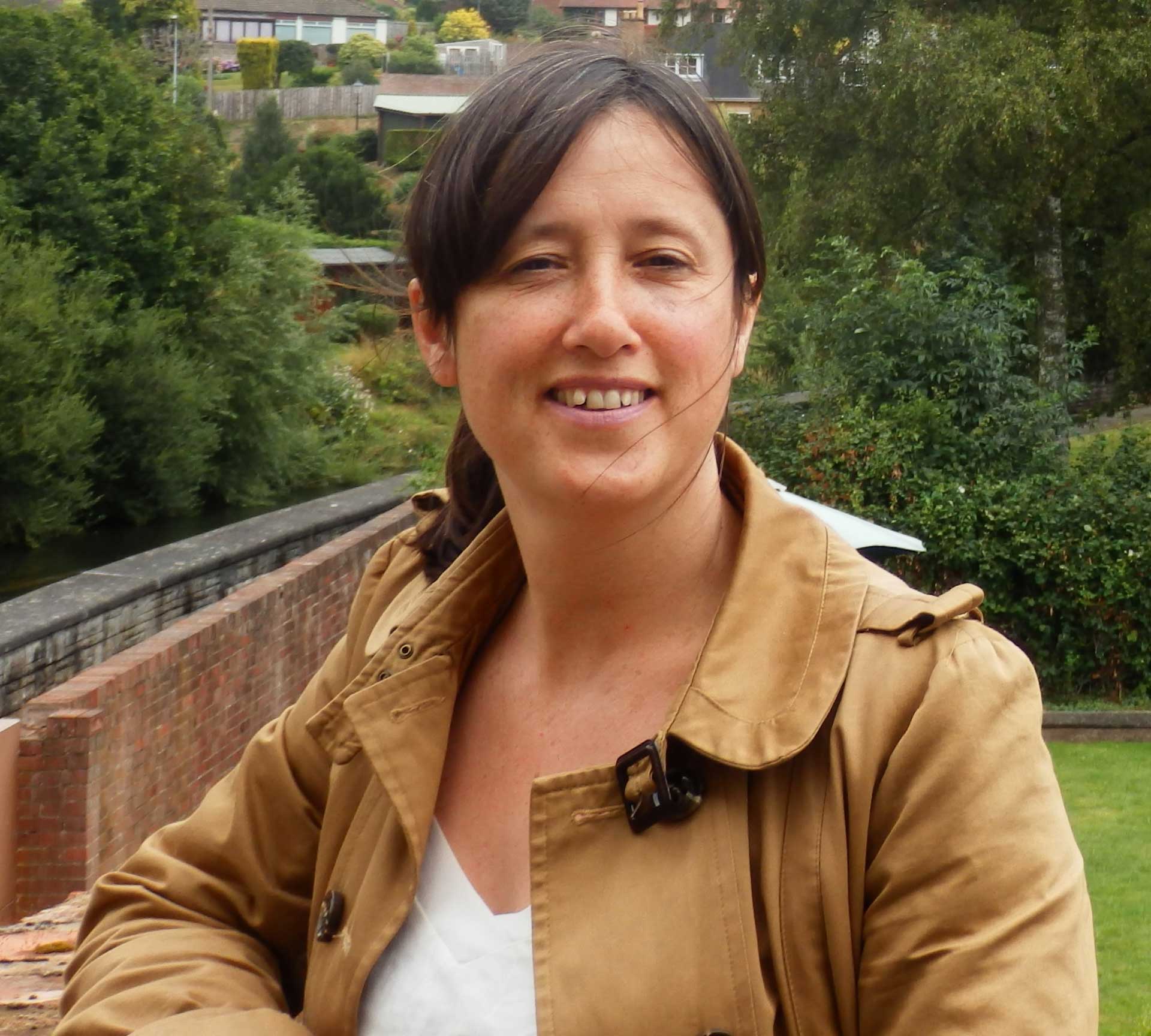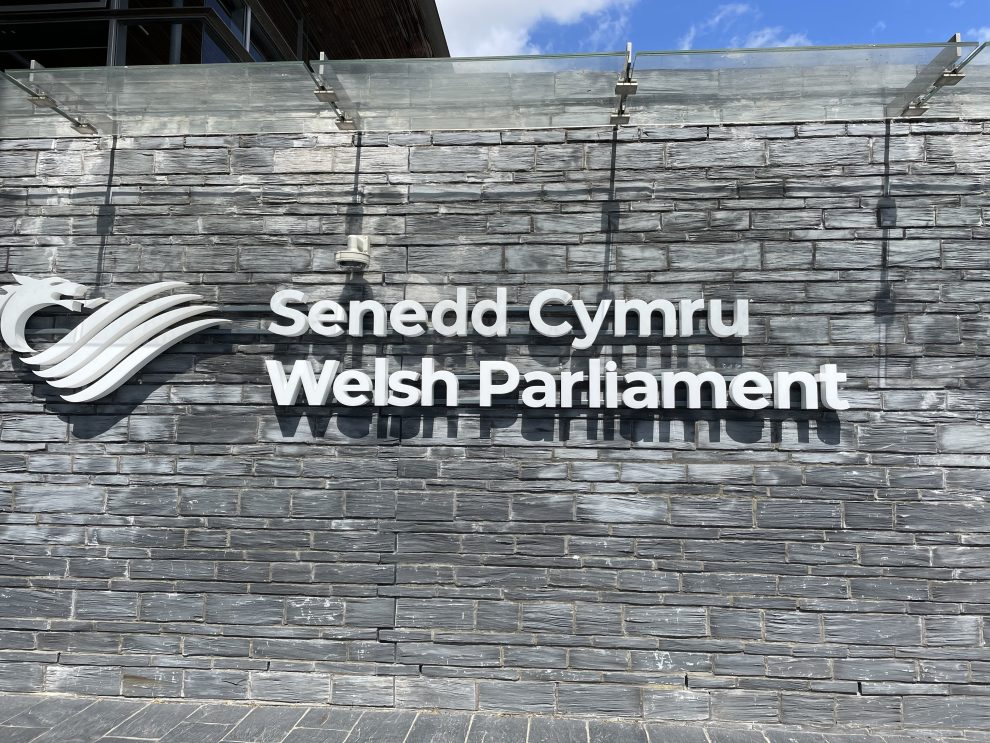Politics
Senedd consults on new code of conduct

THE SENEDD’s Standards Committee is asking for views on a proposed new Code of Conduct for Members of the Senedd.
If the new Code is agreed, the Senedd’s Members would be subject to the standards of behaviour set out in the Code- including a new principle of ‘Respect’ – after the election in May 2021.
The code outlines how Members should engage with each other as well with staff, stakeholders and the public. The proposed Code also makes it clear that those standards of behaviour should apply to Members at all times, including in their personal and private lives.
If anyone believes that a Member has not met the standards of behaviour set out in the Code, they can make a complaint to the independent Commissioner for Standards. In its consultation, the Committee asks whether the current complaints procedure works or whether it should be changed in any way.
The current Code was agreed in May 2016, and the Senedd reviews it regularly. Updating the Code now has allowed the Committee to reflect on the varied issues over the current Senedd term and any changes in society and public life during that time. The Standards of Conduct Committee believes that the addition of a ‘Respect’ principle would now be appropriate, reflecting:
The independent inquiry report on the Bullying and Harassment of the House of Commons staff which led to the adoption of the Senedd’s Dignity and Respect Policy
Wider movements in society such as #MeToo and Black Lives Matter.
ONLINE ABUSE
The Code of Conduct helps to set the standard and tone of political debate. The Llywydd of the Senedd, Elin Jones MS, has previously said how she believes that targeted online abuse and the tone of political debate are barriers for people entering politics.
The proposed new Code does not refer specifically to the use of social media but says that Members “must not subject anyone to personal attack in any communication (whether verbal, in writing or any form of electronic or other media) – in a manner that would be considered excessive or abusive by a reasonable and impartial person, having regard to the context in which the remarks were made”
By including a new principle of ‘Respect’, it is hoped the new code can address some of these concerns by setting a respectful standard of debate and encouraging people of all backgrounds to get involved in politics.
CONSULTING WITH THE PUBLIC
The Committee wants to hear people’s views on its proposals and on what kind of behaviour they expect from their represented Members. It will then present the new Code to the Senedd who will decide, as a whole, whether or not to agree to it.
The review aims at completion by the end of the current Senedd, in preparation for the next Senedd.
Jayne Bryant MS is the Chair of the Senedd’s Standards Committee.
She said: “The Code of Conduct sets the standard and tone of political debate, and now more than ever it is important to get this right.
“With a serious problem of online abuse and powerful campaigns such as the #MeToo movement and Black Lives Matter, we’ve got to do all we can to improve the tone of debate and set a standard that encourages trust in elected representatives and inspires people from all backgrounds to stand for election.
“We’re keen to hear the view of people from across Wales on the refreshed Code of Conduct for Members of the Senedd.”
News
Too many children in Wales living in poverty – Lib Dems want action

THIS week in the Senedd, the Welsh Liberal Democrats renewed their demands for the implementation of child poverty targets.
According to a report from the Bevan foundation, 29% of children living in Wales are currently experiencing poverty (an estimated 190,000 children).
The same report highlighted that the largest percentage of children living in poverty are from working households or in couple households.
The Welsh Lib Dems are now renewing calls for the Welsh Government to create a set of targets for reducing child poverty, which the party argues will allow for more accountability.
The party has previously called for the implementation of targets, citing recommendations from the Calling Time on Child Poverty Report published in November last year.
Commenting, the Leader of the Welsh Liberal Democrats Jane Dodds MS said: “The latest statistics on childhood poverty in Wales paints a very distressing image of families across the country struggling to make ends meet.
Over the course of the last six years, the proportion of children in poverty has skyrocketed. Fuelled by worsening economic conditions and a complete lack of action from both governments in Westminster and Cardiff Bay.
We cannot act complacent about these figures nor accept the clear lack of progress in fighting child poverty, behind each statistic is a child that the state has failed.
It remains painfully clear that the Welsh Government is failing to make any meaningful progress in this fight, which is why they must follow through with the implementation of clear set targets that will allow for further accountability.
We as a party have continuously called for the creation of these targets and we will not be silenced. For the sake of future generations we urge the Welsh Government to listen.”
Education
Conservative calls for academies and free schools rejected by Senedd

THE SENEDD has rejected calls to introduce free schools and academies after a report found major challenges in Wales’ education system.
Tom Giffard led a Conservative debate on educational attainment, warning that Wales is consistently at the bottom of UK-wide league tables.
The party’s new shadow education secretary pointed to an Institute for Fiscal Studies (IFS) report on education in Wales which found low outcomes and high levels of inequality.
Mr Giffard told the Senedd the IFS report highlights the pitfalls of the Welsh Government putting all its eggs in the basket of a skills-based approach.
Criticising a failure to measure skills inequalities and pupil progress, he stressed that Wales’ lower performance is due to policy and approach rather than funding or the pandemic.
He said: “It seems the Welsh Government relies on Pisa results to tell the story but then, when those same results are all too disappointing, they are dismissed in equal measure.”
Mr Giffard, who previously worked in a primary school, said declines in Pisa results can be observed in almost every country that has adopted a skills-based approach.
Raising concerns about disappointing Pisa results, the South Wales West MS pointed out that Wales saw the lowest scores in the UK for every subject.
Heledd Fychan, Plaid Cymru’s shadow education secretary, warned that Wales’ schools are understaffed and facing difficult decisions due to budgets being at breaking point.
She criticised implementation of the Welsh Government’s additional learning needs (ALN) reforms, saying schools cannot realise the aims without the budget to bring them to life.
Ms Fychan said Plaid Cymru agreed with much of the Tory motion but her party would not support calls for free schools and academies.
Sam Rowlands described the IFS report as damning, warning that the Welsh Government’s education reforms have been disastrous and have widened inequality.
The Tory MS claimed the reforms are systematically holding back disadvantaged children, saying: “The most remarkable fact is that the performance of disadvantaged children in England is either above or similar to the average for all children in Wales.”
Mr Rowlands added: “The poorest in England’s schools are doing the same or better than the Welsh average, thanks to ambition, the academies and free schools.”
Samuel Kurtz, a fellow Tory, said free schools and academies have driven up standards in England as he argued a Wales roll-out provides an opportunity to improve outcomes.
James Evans, the Conservative MS for Brecon and Radnorshire, highlighted the party’s pledge to get 5,000 more teachers into Wales’ classrooms.
Buffy Williams, the newly elected chair of the Senedd’s education committee, said Wales is undergoing a profound transformation propelled by ALN and curriculum reforms.
The Labour MS for Rhondda stressed the importance of listening to teachers and allowing ample time for the reforms to take root in classrooms across Wales.
Altaf Hussain recounted a conversation he had this week with a headteacher at one of the largest schools in his South Wales West region.
The Conservative said: “The major improvements they have been delivering to attainment and addressing behavioural issues are all at risk because of cuts to funding.
“Vital work undertaken to improve the lives of young people with additional needs could be halted because they cannot afford to continue employing the support workers.”
Lynne Neagle recognised the scale and seriousness of work still ahead to improve Wales’ education system, stressing: “I am not, in any way, complacent about that task.”
Wales’ newly appointed education secretary, who takes over from Jeremy Miles, said sustained improvement in attainment will be among her top priorities.
She told the chamber: “My early focus has been to listen closely to schools and where it is clear that schools seek more scaffolding.”
Ms Neagle said the Welsh Government will work with trade unions and employers to reduce workload and eliminate unnecessary red tape.
The Conservative motion was voted down, 14-35, following the debate on April 24. The motion as amended by the Welsh Government was agreed, 26-23.
Climate
£1m turbine application to be decided by all councillors at County Hall

A TWICE-BACKED £1m scheme for a “20-storey-high” wind turbine at a Pembrokeshire mansion will have to be decided by all councillors.
Mr and Mrs Glen Peters of Western Solar Ltd are seeking permission for a single turbine on land near the Grade II-listed Rhosygilwen Mansion, which includes an arts and functions building known as Neuaddydderwen.
Members of the April meeting of Pembrokeshire County Council’s planning committee were recommended to refuse the scheme, despite backing it at their March meeting.
This backing meant the application returned to the April meeting for ratification after a ‘cooling off’ period; the application having been deferred at the January meeting pending a site visit.
It was initially recommended for refusal in January for several reasons, including potential harm to the setting of the Grade-II-listed house and grounds, and fears of threats to the safe operation of West Wales Airport at Aberporth in neighbouring Ceredigion, some 9.5 kilometres away.
The last concern was later withdrawn.
In papers ahead of the April meeting, officers, again recommending refusal, have said the scheme “would not protect or enhance the setting [of Rhosygilwen] but rather would result in significant harm to this interest of acknowledged importance”.
They have also warned any backing of the scheme against policy recommendations could set a precedent for similar developments.
-

 News6 days ago
News6 days agoPolice issue update on the search for Luke, missing from Pembroke Dock
-

 News1 day ago
News1 day agoPolice and air ambulances at ‘serious incident’ at West Wales school
-

 News5 days ago
News5 days ago20mph U-turn: Some roads will return to 30mph following public outcry
-

 Community5 days ago
Community5 days agoMiracle pup finds her forever home after heart-wrenching journey
-

 Crime1 day ago
Crime1 day agoPembrokeshire pensioner accused of 17 sexual offences against children
-

 Community2 days ago
Community2 days agoCounty Hall to offer space for community banking
-

 Crime8 hours ago
Crime8 hours agoAll three school stabbing victims discharged from hospital, police confirm
-

 Crime3 days ago
Crime3 days agoBrian Davis: Wanted on suspicion of commercial burglary























